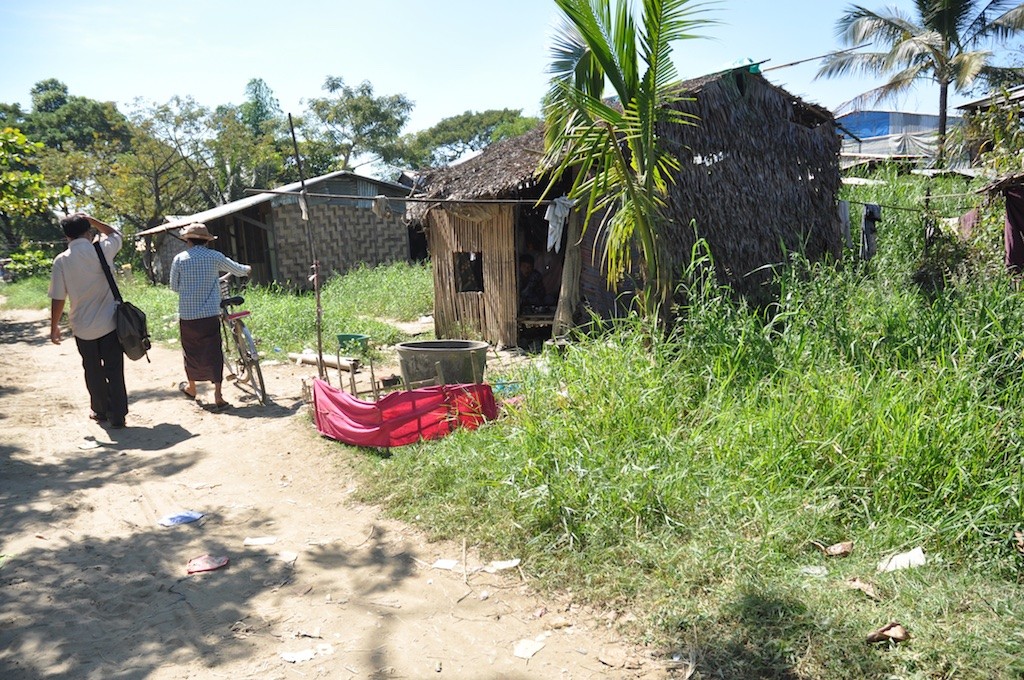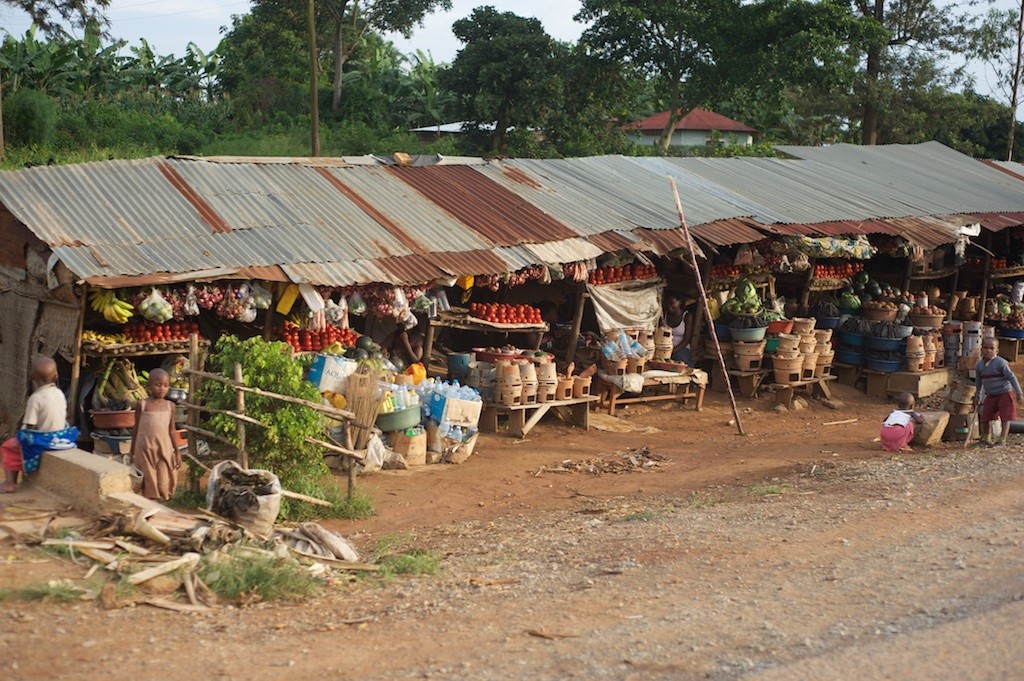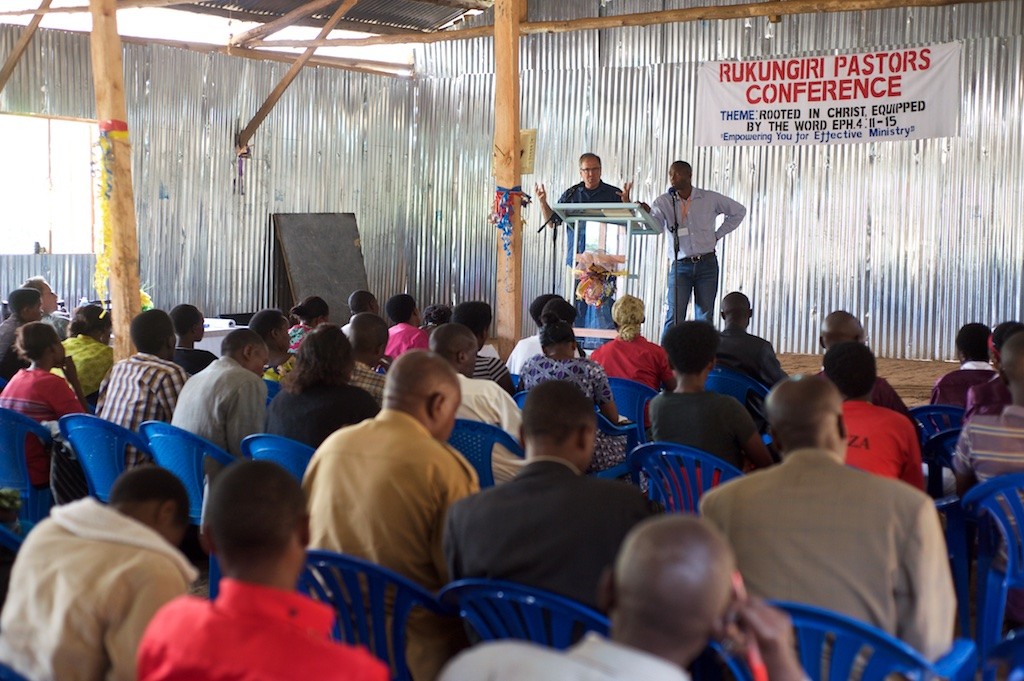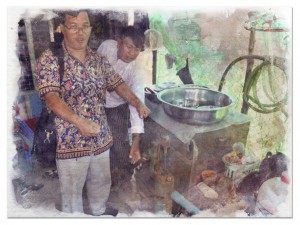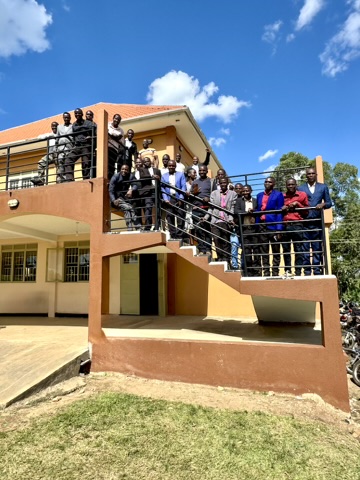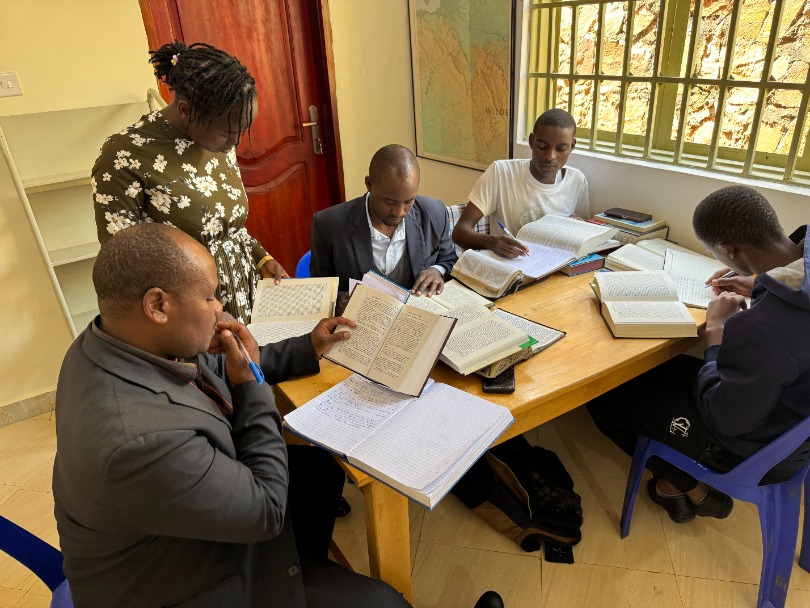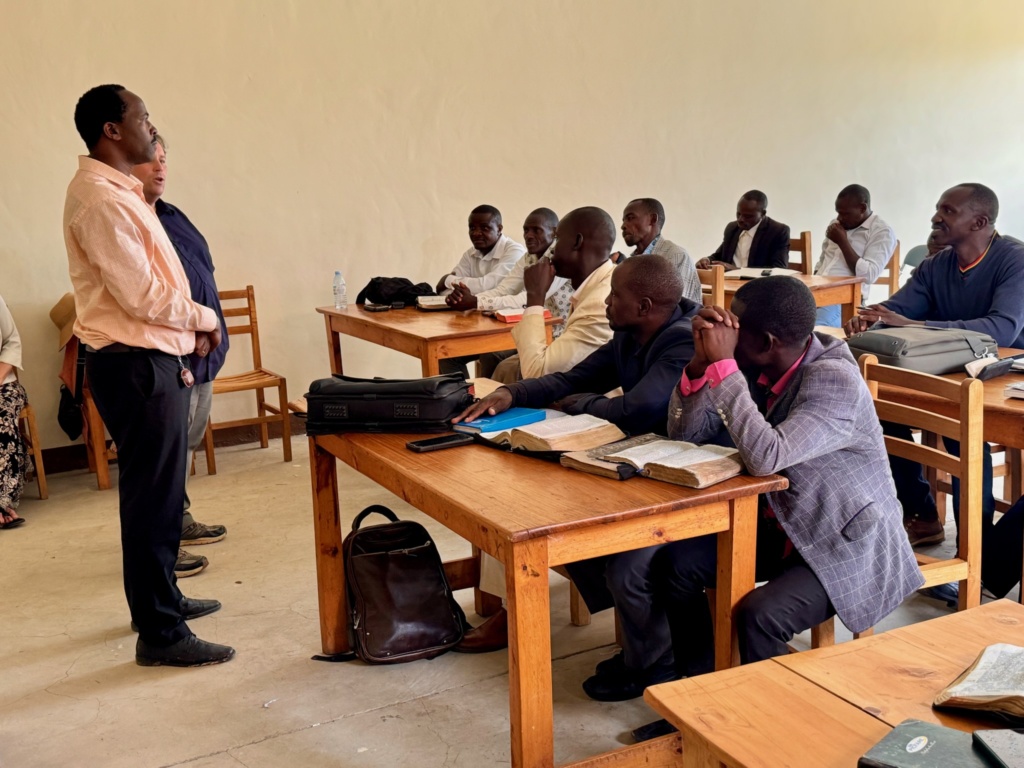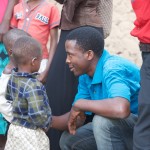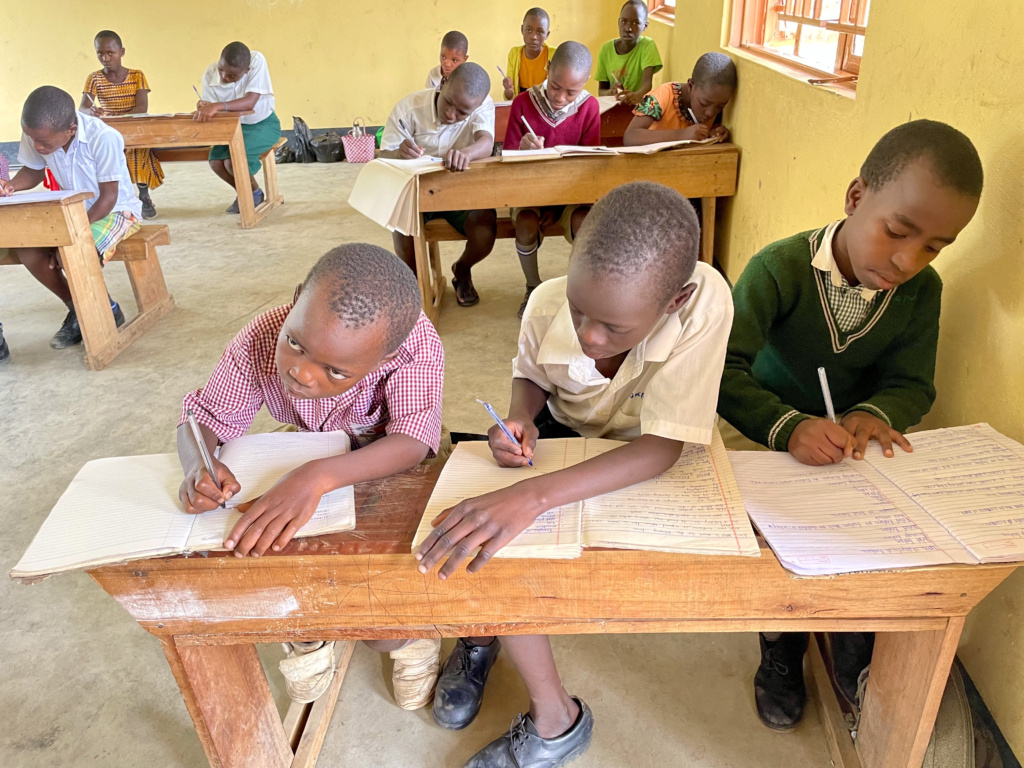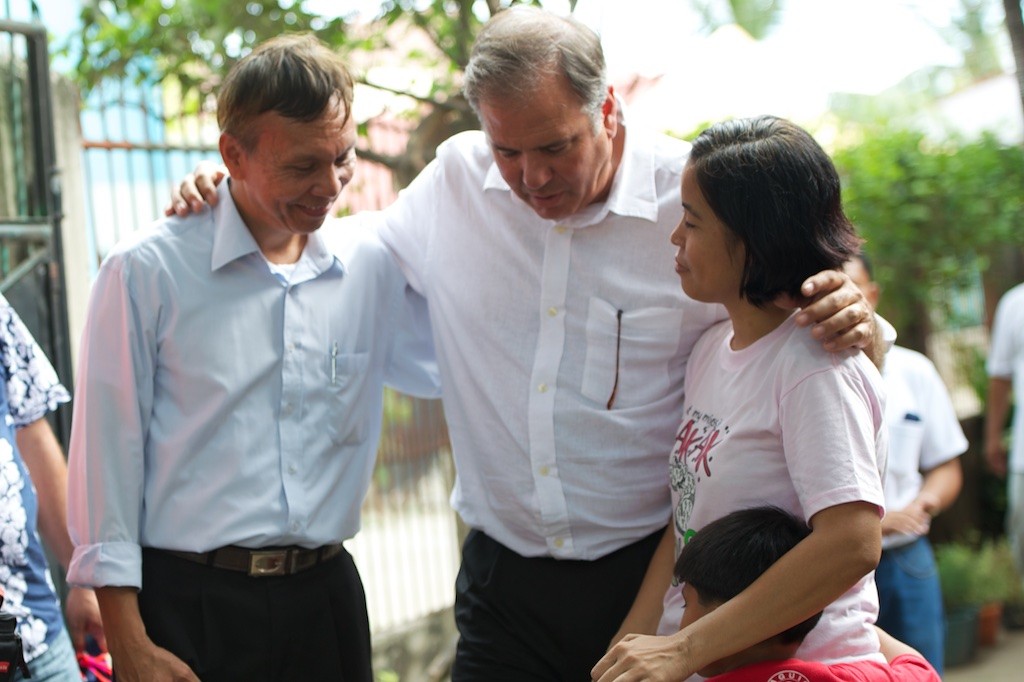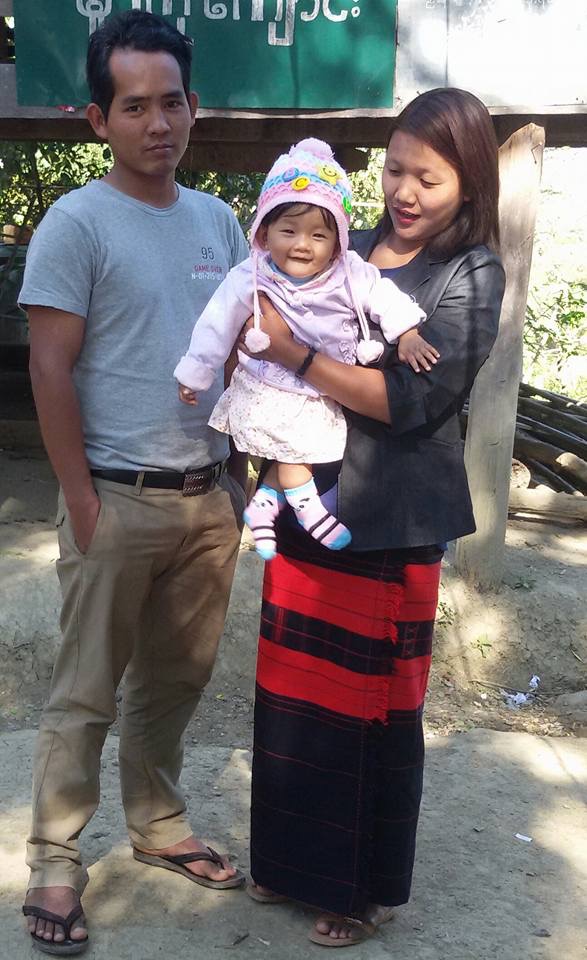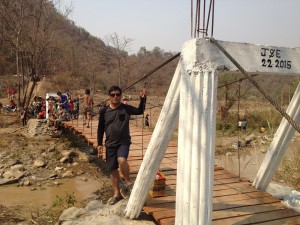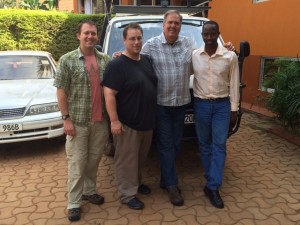Answers to prayers are vital to the successful start of a church. We won’t have any answers if we don’t bring our requests before the Lord. We have such a tremendous privilege to intercede for the pastors starting churches in their communities. Here are some highlights of the current prayer reports. We have updated the praises and requests on the prayer pages for each pastor. Thank you for your support in prayer.
Argentina, Pastor Matias:
We worked in four neighborhoods: Villa Palito, San Justo, Los Pinos, and Merlo. From Sunday through Thursday we spread out in these places and shared God’s word.
On Tuesday, we had the entire group gather in La Palito. This area, in particular, has been blessed by God because we have seen most of our fruit come from here over the last several years. There are two small group adult meetings, two youth meetings, and one children’s meeting. At least 30 people come to our church from this neighborhood. [Read more about the expanding ministry]
